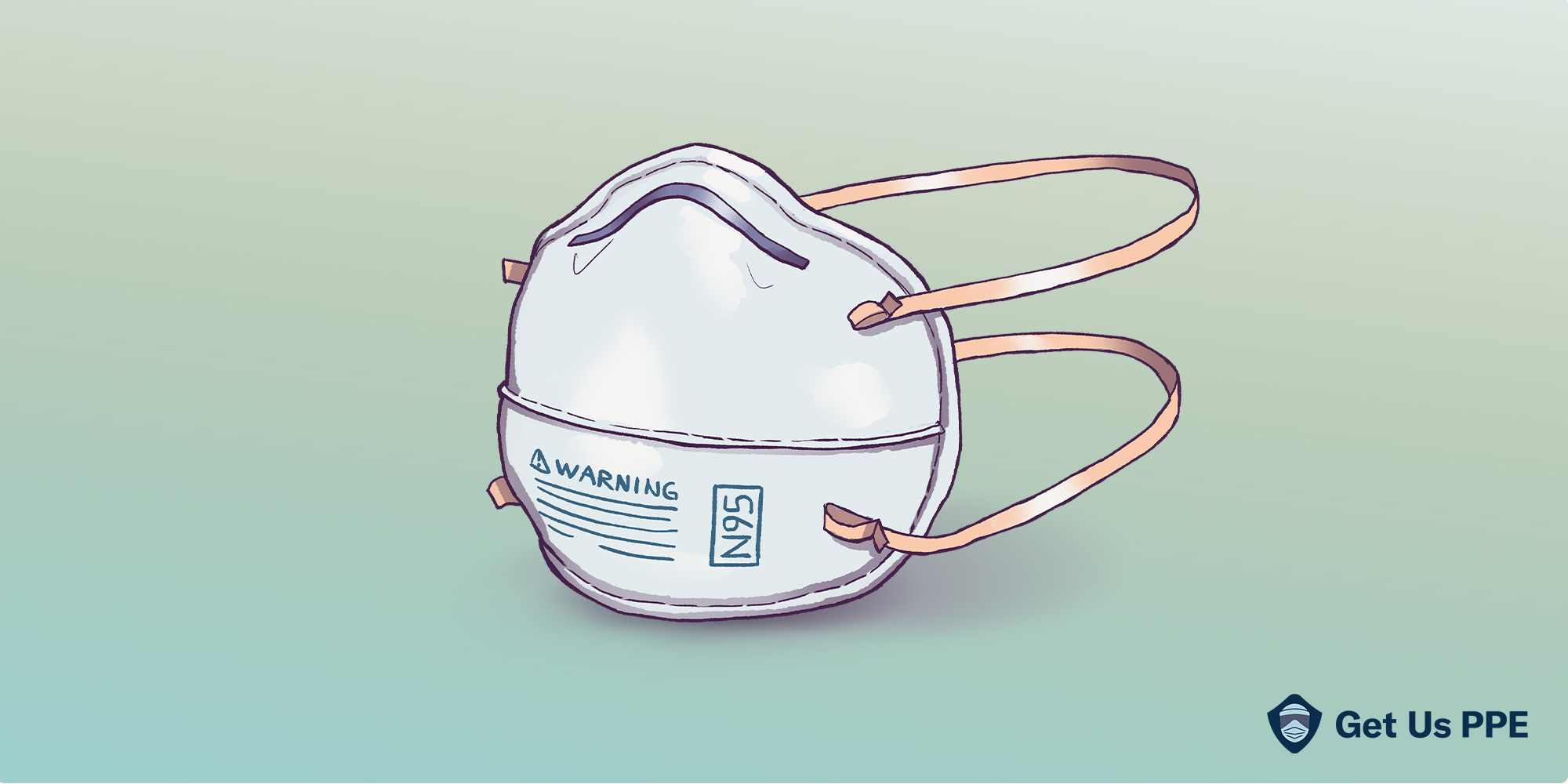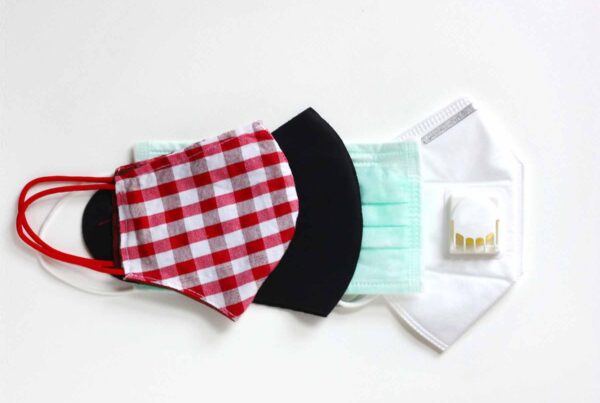A shift in the N95 masks supply-demand chain has caused a disconnect between emerging PPE manufacturers and the healthcare workers that need the life-saving equipment as the nation continues to battle the COVID-19 pandemic.
Since the beginning of the pandemic, frontline workers needed N95 masks to protect against infections of the COVID-19 virus. With the drastic increase in demand for N95 masks, suppliers were unable to meet the demand. This severe shortage forced many frontline workers to reuse their N95 masks, risking their health in the process. TO make matters worst, in addition to N95 masks, other types of personal protective equipment (PPE) like nitrile gloves were also in short supply. Despite the suppliers efforts to successfully increase their PPE supply, with the increase in production from new manufacturers, a new problem arose: a disconnect between supply and demand.
In other words, N95 masks are going unsold, and facilities that need them are unable to find adequate masks or even afford them.
The Supply-Demand Disconnect in the N95 Market
The problem the N95 market is facing is that there is excess supply and excess demand, and yet, there is no supply and demand connection. Small facilities do not have a regular PPE supplier as hospitals do. Not only that, but these under-resourced facilities are unaware of the details about suppliers and how trustworthy they are (there is a problem of counterfeit N95 masks as well). This lack of information from both the suppliers as well as consumers, in this case: under-resourced healthcare facilities, causes the disconnect between supply and demand.
One specific instance of a producer of N95 masks who has faced this problem is DemeTech. Initially a suture maker, DemeTech began manufacturing N95 masks during the pandemic in response to the severe shortage. The company has about 30 million N95 masks to sell but no buyers. Many companies like DemeTech are facing this disconnect as they are not able to predict the market. They have depended on both the Trump and Biden administrations’ goal to “buy American” and ramp up domestic production of essential medical equipment.
One of the root causes of this problem is the miscommunication at the federal level where the government has not guided these manufacturing companies to manage their supply and regulate the domestic supply chain. The National Institute for Occupational Safety and Health (NIOSH) has approved almost 20 U.S. manufacturers to make N95 masks but has not published any guidance for more than 100 million N95 mask-making capacity a month going unsold.
Even when these facilities find legitimate N95 suppliers, they often cost $4-$7 per mask for small orders. This is a 1300% price surge since before the pandemic. Due to this, many facilities are not able to afford bulk orders of N95 masks. This price surge only exacerbates the problem even with enough suppliers to match the demand.
The Next Steps
There are many nuances to this disconnect between supply and demand. While some hospitals are able to regulate their supply of N95 masks, many are still forcing frontline workers to reuse their N95 masks. Even with suppliers ready to find facilities to sell PPE to, many facilities are not able to comprehend this market and regulate a supply chain. Smaller, under-resourced facilities are already at a disadvantage as they are not able to trust or afford N95 masks in order to store PPE.
Supply shortages might ease as vaccines roll out and COVID rates start to reduce. But, it would take a long time for facilities to rebuild their PPE stockpiles. With the supply chain broken, it may take years for both hospitals as well as smaller healthcare facilities to rebuild their stockpile. Meanwhile, producers are building storage of PPE as they ramped up their production in order to meet excess demand.
Hence, an intervention, either government or private, is necessary in order to amend this supply chain. In order for facilities and frontline workers to find accessible, legitimate PPE, the government should set up a better clearinghouse for NIOSH-approved PPE than the ones that exist currently. This way, the disconnect between supply and demand is addressed as well as facilities are able to obtain legitimate PPE. ]





